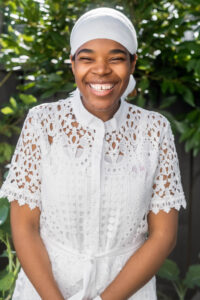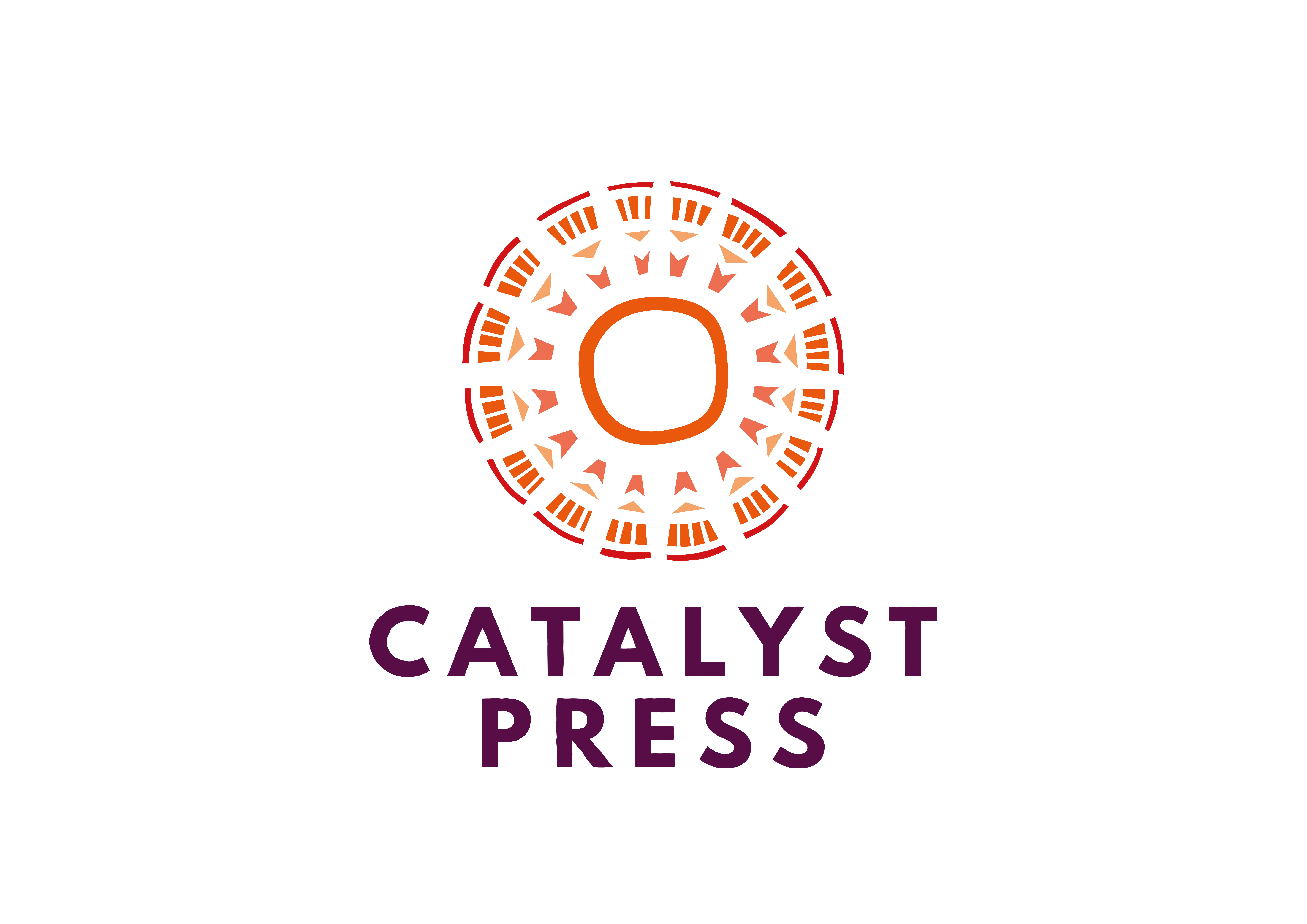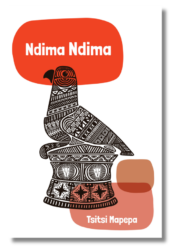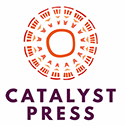Introducing our readers to new and emerging voices in the literary space is our favorite thing to do here at Catalyst Press. One voice in particular stands out to me this year: Tsitsi Mapepa, the debut author of Ndima Ndima, which releases on November 7th.
Born and raised in Zimbabwe, now living in New Zealand, Tsitsi received her Master’s in Creative Writing from the University of Auckland in 2020. Her work is honest, heart-wrenching, and illuminating—and we are so honored to share it with our readers. Booklist calls Ndima Ndima “[a] truly insightful debut from an exciting new Zimbabwean author with a talent for writing the human experience,” and we couldn’t agree more!
Recently, I had the opportunity to sit down with Tsitsi and chat a little bit about this incredible story.

SarahBelle Selig: Tsitsi. thank you so much for making time to speak with me! To start off, tell me about the process of writing Ndima Ndima.
Tsitsi Mapepa: I am a perfectionist, I want things organized, but when it comes to my writing, I am a pantser (I work by the seat of my pants). The stories in Ndima Ndima were never written in order. It helped me when I got stuck, unsure of what to write following the finished story. So I jumped to the most exciting stories I had in mind. I still do this, even when I’m writing a novel. I know some writers would find it strange and time consuming when it comes to structural development, but that’s just how I craft my stories.
SS: Have you always enjoyed writing?
TM: Yes, I started writing when I was young. When I was in high school I attempted writing a novel, which I never finished. And I also wrote a collection of poetry on loose papers and notebooks.
SS: You emigrated from Zimbabwe in 2007. What was been your expat experience? Did writing Ndima Ndima feel like going home?
TM: I moved to New Zealand because my husband was already here. So, for the two of us, it was a new beginning. For me, the most challenging thing was raising our children in the absence of our closed ones. In our culture, we strongly rely on other family members for extra support.
When it came to creating the landscape in Ndima Ndima, it was like scraping for the images of a home buried at the core of my heart. This part of the novel left me with a smiling soul, because I could see what I miss on the page.










